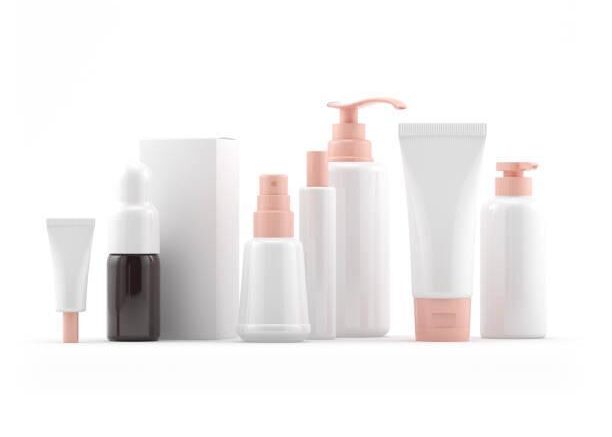When it comes to skincare, there are a lot of products and advice out there that can be overwhelming to navigate. However, there are simple steps that you can follow or integrate into your skincare regimen to make positive changes and see results in a couple of weeks.
Cleansing
Cleansing removes dirt, oil, and makeup from the skin’s surface, which can help prevent breakouts and other skin problems. It’s important to find a cleanser that is gentle enough to use every day and won’t strip the skin of its natural oils.
If you apply makeup or use SPF, then it is always a great idea to use makeup remover – a micellar water, a balm or hydrophilic oil – to pre-cleanse your skin and prep it for the cleanser.
When choosing a cleanser, it’s best to avoid products with harsh detergents, high pH and alcohol in them. It’s best if the fragrance is not high on the list of ingredients as well because such ingredients can throw off the pH balance of your skin or damage the protective layer, which can cause dryness, breakouts, oiliness, irritation and other problems.
Hydration
The second cornerstone of skincare is moisturising. Moisturising helps to hydrate the skin and prevent dryness and flakiness. It’s important to choose a moisturiser that is appropriate for your skin type, whether you have oily, dry, or combination skin. Look for moisturisers with ingredients like ceramides, glycerin, or hyaluronic acid, which can help hydrate and protect the skin. It is also advised that you look at the way your skin reacts to different moisturisers during the year to find out what kind of creams or serums fit your skin best during colder and hotter periods.
Sun Protection
According to the latest studies and dermatological trends, one of the most important steps of your skincare is SPF. Sun damage can cause a wide range of skin problems, including wrinkles, dark spots, and even skin cancer. It’s important to wear sunscreen every day, even on cloudy days or during the winter, as sun rays still shine through and reach your skin. Look for sunscreens with an SPF of at least 30 and broad-spectrum protection, which means they protect against both UVA and UVB rays. If you have actives in your skincare, such as acids, retinol or vitamin C, it is ever so important to use sunscreen, as your skin is more fragile with these things included in the regimen.
Retinol
In addition to these three holy grapes of skincare, there are other ingredients that can help improve the skin’s appearance and texture. One of these ingredients is retinol, which is a derivative of vitamin A. Retinol can help improve the appearance of fine lines, wrinkles, and other signs of ageing. It is also a great way to clear up your skin from acne and breakouts. It works by increasing cell turnover and stimulating collagen production, which can help improve skin elasticity and firmness, as well as to eliminate one of the main causes of acne – hyperkeratosis (increased thickness of the outer layer of the skin).

It is very important that you approach integrating retinol into your skincare routine attentively – make sure it fits with your other active ingredients in the regimen, increase the percentage slowly (and only if needed) as your skin builds tolerance, protect your skin from the sun at all times and be aware of your skin’s reactions to the product.
Acids
Another ingredient that can be beneficial for the skin is acids, such as mandelic acid and azelaic acid, for example. Depending on the type of acids, this ingredient in skincare products can help exfoliate the skin and improve the appearance of fine lines, wrinkles, and hyperpigmentation, provide gentle exfoliation, hydrate, improve the appearance of acne and rosacea, and many other common skin issues.
Vitamin C
It is also important to have some kind of good antioxidant in your skincare routine, and one of the most popular and potent ones right now in the market is vitamin C. This powerful antioxidant can help protect the skin from damage caused by free radicals, which can contribute to ageing and other skin problems. It can also help improve the appearance of hyperpigmentation, brighten the skin, and even out skin tone.
In addition to its antioxidant properties, vitamin C is also important for collagen production, which can help improve skin texture and firmness.
When choosing a vitamin C product, it’s important to look for a stable form of vitamin C, such as L-ascorbic acid. This form of vitamin C is the most effective for the skin, but it can also be unstable and can degrade over time. Look for products that are packaged in airtight containers to help prevent degradation.
Conclusion
While these ingredients can be beneficial for the skin, it’s important to get them from a trustworthy chemist shop, like, for example, Chempro. There are many fake skincare products on the market, and using these products can be harmful to your skin. Fake products may contain harmful ingredients or may not contain the active ingredients they claim to have. By getting your skincare products from a trustworthy chemist shop, you can ensure that you are getting high-quality products that are safe and effective and start to make your skin healthier today.
